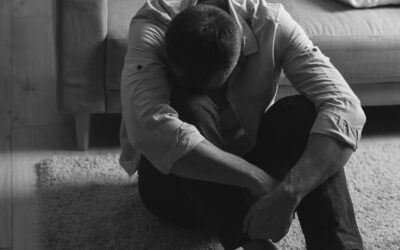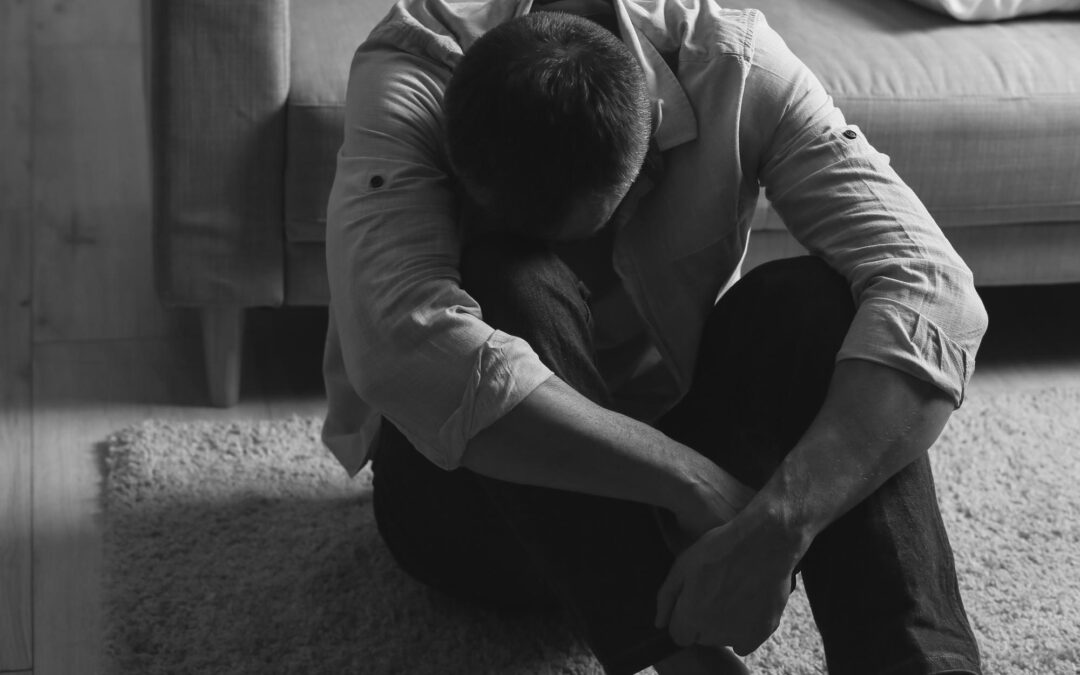Anxiety is a common companion in the journey of addiction recovery. It can stem from various sources – the physiological effects of withdrawal, the challenges of coping with life without substances, or underlying mental health issues. At Advanced Addiction Center, we understand the importance of addressing anxiety as a crucial part of the recovery process. In this comprehensive guide, we will explore effective coping strategies for managing anxiety during addiction recovery, including relaxation techniques, lifestyle changes, and the importance of seeking professional help.
1. Understanding Anxiety in Addiction Recovery
Before delving into coping strategies, it’s vital to understand the nature of anxiety in addiction recovery. Anxiety, often both a cause and effect of substance abuse, can manifest in various forms, including generalized anxiety, panic attacks, or social anxiety.
2. Relaxation Techniques: A Key Tool
One of the most effective ways to manage anxiety is through relaxation techniques. Methods such as deep breathing exercises, progressive muscle relaxation, and mindfulness meditation can significantly reduce anxiety symptoms. These techniques help in calming the mind and bringing a sense of peace.
3. Lifestyle Changes for Long-term Benefits
Lifestyle modifications play a pivotal role in managing anxiety. Regular exercise, a healthy diet, and adequate sleep can greatly influence your mental health. Exercise, for instance, releases endorphins, which are natural mood lifters.
4. Building a Support System
Having a robust support system is crucial in addiction recovery. Joining support groups, whether in-person or online, can provide a platform to share experiences and learn from others facing similar challenges. At Advanced Addiction Center, we emphasize the importance of community and offer various support group options.
5. Cognitive Behavioral Therapy (CBT)
CBT is a widely recognized and effective treatment for anxiety. It involves identifying and challenging negative thought patterns and behaviors. Our expert therapists at Advanced Addiction Center specialize in CBT, guiding individuals through the process of reshaping their thought processes.
6. Professional Help: When to Seek It
Recognizing when to seek professional help is crucial. If anxiety becomes overwhelming or hinders daily functioning, it’s important to consult a mental health professional. Our team at Advanced Addiction Center is always ready to assist, offering a range of treatment options.
7. Medication-Assisted Treatment (MAT)
In some cases, medication may be necessary to manage anxiety symptoms. Medication-Assisted Treatment is used in conjunction with therapy to provide a comprehensive treatment approach.
Conclusion:
Managing anxiety in addiction recovery is a multifaceted process. It requires a combination of personal efforts in relaxation techniques, lifestyle changes, and the support of therapy and possibly medication. At Advanced Addiction Center, we are committed to providing comprehensive care to address all aspects of addiction and accompanying mental health issues. Remember, recovery is a journey, and addressing anxiety is a significant step in moving towards a healthier, substance-free life.
For further resources and support, visit the National Institute of Mental Health or the Substance Abuse and Mental Health Services Administration (SAMHSA).








